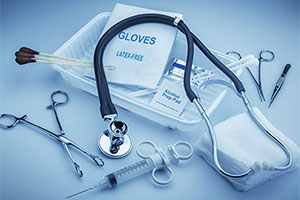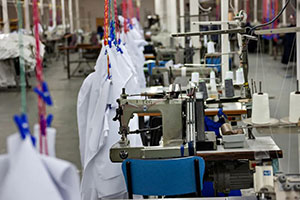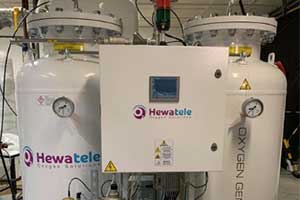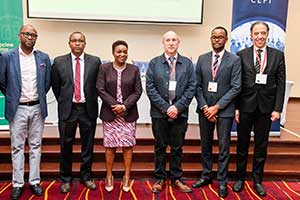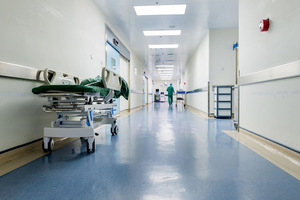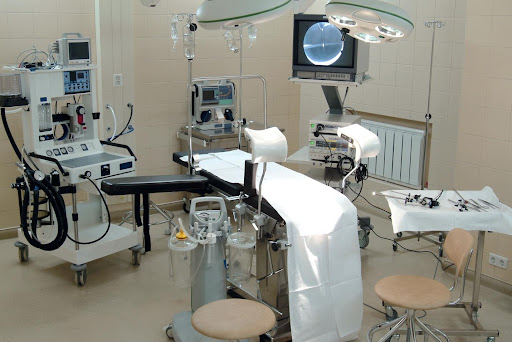The Executive Director of the Global Fund, Mr. Peter Sands, has met with President Yoweri Kaguta Museveni at State House-Entebbe, and they have discussed.
Founded in 2002, the Global Fund is a global organization that aims to quickly raise and distribute funds for initiatives that lessen the effects of malaria, HIV/AIDS, and tuberculosis in low- and middle-income nations.
In order to strengthen the nation’s knowledge economy, President Museveni urged the organization to think about acquiring medications, immunizations, and other necessary medical supplies from regional producers.
Additionally, he emphasized how crucial it is for a nation like Uganda to engage in the knowledge sector, namely in pharmaceuticals, vaccines, and scientific advancements.
In addition to the President’s response, the Health Minister, Dr. Jane Ruth Aceng, listed the four main areas that could be procured: medical gloves, long-lasting insecticidal nets, fast diagnostic tests for HIV and malaria, and antiretroviral drugs for HIV therapy.
Additionally, President Museveni reaffirmed Uganda’s commitment to the Global Fund’s fight against HIV/AIDS and malaria, emphasizing the necessity of prevention in addition to treatment initiatives.
However, President Museveni described Uganda’s economic development in stages, emphasizing the country’s shift toward economic diversification and the growth of its money economy.
“When we came in, we aimed at a number of phases. Phase one was what we called minimum recovery to bring back the small island of the money economy surrounded by those who work only for the stomach. This you can see with tourism, which has come back, along with maintained coffee production, a slight increase in cotton production, and the resurgence of tea,” he said.
In response to the commitment assurance, Mr. Sands stated that the Global Fund is prepared to work with regional markets to guarantee the availability of necessary medical supplies while taking cost-cutting, competitiveness in the market, and tendering problems into account.
President Museveni promised in his response to intensify future interactions with regional medication producers in order to work out advantageous arrangements for their medicines to be supplied to the Global Fund.
Mr. Sands added that the Global Fund will continue to assist national efforts to stop the spread of AIDS, TB, and malaria, and that the relationship between the Fund and Uganda’s Health Ministry intends to expedite the end of these epidemics.
He told the President, “The Fund focuses on combating prevalent diseases and addressing unique challenges like mosquito resistance and HIV/AIDS prevention. With a cumulative investment of $2.9 billion and a forthcoming $700 million investment over the next three years,”
The National Drug Authority (NDA) Chairman, Dr. Medard Bitekyerezo, the Permanent Secretary of the Ministry of Health, and Hon. Matia Kasaija, Minister of Finance, Planning, and Economic Development, were present at the meeting.
Local medication producers were also present, including Mr. Emmanuel Katongole, Chairman and Co-Founder of Quality Chemicals Limited.

